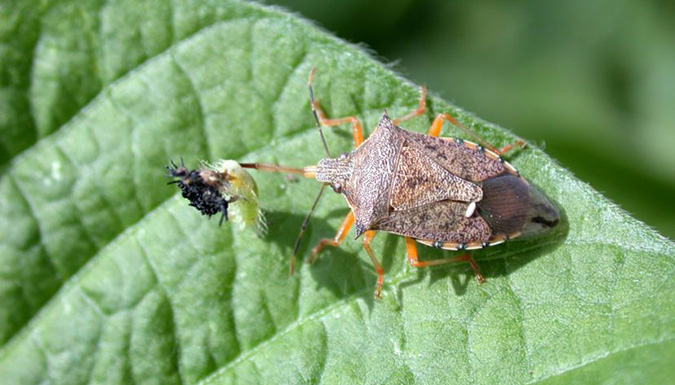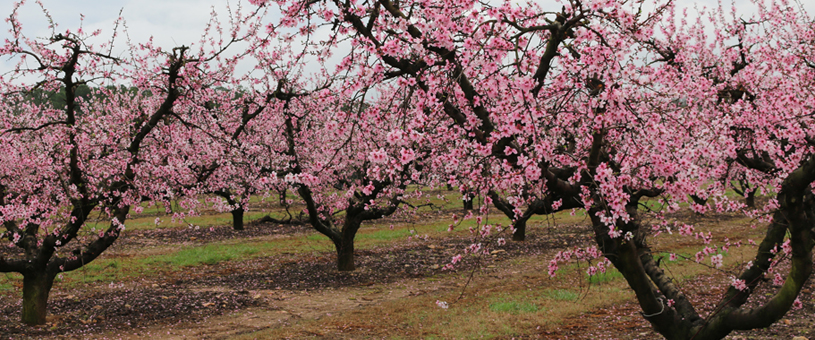Research Focus & Programming
-
Behavior
Behavior is an important component of animal health and Clemson researchers are conducting research designed to explore underlying developmental and physiological mechanisms of behavior while addressing practical approaches to solving behavior and production problems, as well as improving animal welfare on farms. This research involves examining the effects of housing systems, dietary and management practice on behavior, welfare, and performance of production animals including laying hens, dairy cows and equids.
Researchers also are working to develop non-invasive, automated methods for collecting behavior and welfare data from individual animals in their home environments. Additional research includes investigating the effects of manipulating dietary calcium on improving laying hen welfare and performance through reducing osteoporosis and keel bone damage, while improving bone health, productivity and eggshell quality. This research should help in developing a practical approach to reduce keel damage in hens, as well as reassure the public that efforts are being made to improve the welfare of laying hens by housing them in systems that permit them to perform natural behaviors while simultaneously safeguarding their health and reducing pain and distress.
Ahmed Ali
Assistant Professor
Animal and Veterinary Sciences Department -
Crop Genetic and Genomic Resources
Tremendous progress has been made to advance our understanding of crop genome organization, variation, and evolution, particularly as it relates to potential discovery and exploitation of useful genic or genotypic diversity in crop plants. Critical to this progress has been advances in molecular biology/genetics, genomics, and computational biology as well as thoughtful applications of the theories of evolutionary biology and plant breeding. It is well recognized that a crop genome is a dynamic unit whose organization and variation has been molded by evolutionary processes and human intervention.
Our programs develop and apply innovative methods and tools to deliver insights linking crop conservation and utilization. We combine multi-omics and data science with cutting-edge phenomic technologies to conserve and subsequently discover, optimize, and introgress novel traits from genebank collections for transfer to pre-breeding or breeding programs. We will generate high-quality structural and functional genetic and genomic resources for complex species, contribute to discover genes (and associated traits) ultimately enabling the geneticists and breeders to improve crop resilience and quality.
Stephen Kresovich - Robert and Lois Coker Trustees Endowed Chair of Genetics
Collaborators:
Richard Boyles - Assistant Professor of Plant Breeding & Genetics
Sandra Branham - Assistant Professor of Vegetable Breeding and Genetics
Jenna Hershberger - Assistant Professor of Vegetable Breeding and Genetics
Trevor Rife - Assistant Professor of Phenomics and Crop Improvement
Dil Thavarajah - Professor of Pulse Quality and Nutritional Breeding
Advanced Plant Technology Program
Feed the Future -
Muscle Biology
Fescue toxicosis costs the beef, small ruminant and equine industries more than $1 billion dollars in annual losses. Research is focused on understanding how toxins found in tall fescue negatively impact muscle development and the long-term consequences on postnatal animal growth and carcass quality. The long-term goal of this research is to develop mitigation strategies with direct application to producers that enhance nutrient delivery for normal fetal development and stimulate postnatal muscle hypertrophy to enhance growth and carcass quality.
Other research activities are evaluating how intramuscular fat is deposited in beef cattle. Intramuscular fat or marbling content has a major impact on carcass quality and value. The goal is to determine early management strategies that stimulate intramuscular fat deposition in meat producing animals. The results will help SC beef producers to remain competitive in the marketplace and increase profitability to expand sustainable beef production systems.
Susan Duckett
Professor
Ernest L. Corley Jr. Trustees Endowed Chair
Animal and Veterinary Sciences Department
-
Pulse Quality & Nutritional Breeding
The Pulse Quality and Nutritional Breeding Program is a dynamic team of scientists working to develop pulse crops with increased agronomic and nutritional value. We conduct organic pulse breeding using on-farm selection, in addition to conventional methods. Our lab measures seed quality traits through an array of techniques, including high-throughput FTIR phenotyping. To raise societal awareness of the economic, environmental, and health benefits of pulses, we publish material for farmers, consumers, and the scientific community in addition to conducting workshops, field days, and student events.
Dil Thavarajah
Pulse Quality and Nutritional Breeding Program
Professor of Pulse Quality and Nutritional Breeding
Clemson University School of Health Faculty Research Scholar
Agricultural and Environmental Science Department
Plant and Environmental Sciences Department -
Peach Breeding
Peach scion breeding focuses on developing high quality, disease resistant peach varieties for fresh market that are adapted to environmental conditions of Southeastern United States.
Rootstock breeding focuses on developing Prunus rootstocks tolerant/resistant to replant diseases with focus on two replant diseases that affect southeast of U.S., Armillaria Root Rot and Peach Tree Short Life (PTSL).
Researchers use traditional and molecular breeding techniques, to characterize and utilize peach genetic diversity in landraces, gene bank collections and elite germplasm, as well as marker/QTL discovery for the traits of interest, and development and utilization of genomic technology and computational approaches to improve breeding efficiency.
Peach Breeding Lab
Armillaria Root Rot SolutionsKsenija Gasic
Peach Genetics and Breeding
Professor of Horticulture
Cooperative Extension Horticulture Program Team
Plant and Environmental Sciences Department -
Crop Ecophysiology
Crop ecophysiological research focuses on developing climate-resilient, regionally adapted production systems by applying concepts from Physiology, Biochemistry, Lipidomics, and Genomics. Studies are conducted to understand the tolerance mechanisms of agronomic crops to abiotic stresses and how we can utilize this knowledge for developing new crop varieties and enhancing their performance through economically viable and environmentally sustainable practices. This research is framed at the molecular and cellular levels to understand biochemical and genetic pathways associated with stress tolerance; at the whole plant level to determine how various biochemical and physiological processes integrate to form yield under stress conditions; and at the whole field level to understand how crop plants interact with the environment.
Sruthi Narayanan
Associate Professor of Crop Ecophysiology
Plant and Environmental Sciences Department
SC Official Variety Trials
Crop Handbooks & Guides
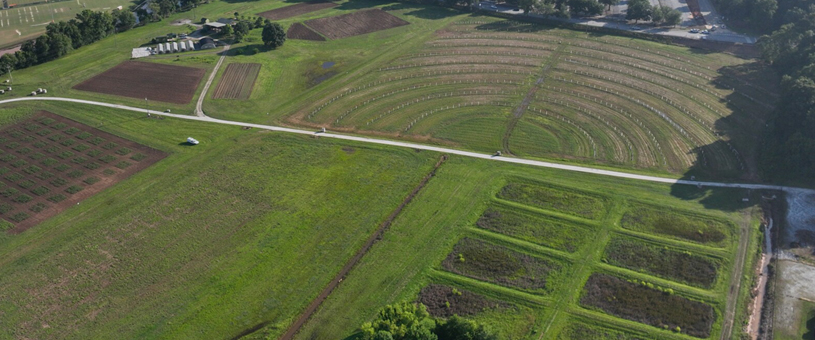
Agricultural Climate Solutions
Changing weather patterns make it more difficult and expensive for farmers to grow food. Farming in a changing climate can strain relationships between farmers and the communities that they serve. Agricultural landscapes can fuel climate change or be a source of climate solutions.
Agricultural Climate SolutionsClemson Clean Plant Center
Helping fruit tree growers in the Southeast U.S. reduce the prevalence of viruses being spread by propagation of infected material.
Clemson Clean Plant Center Website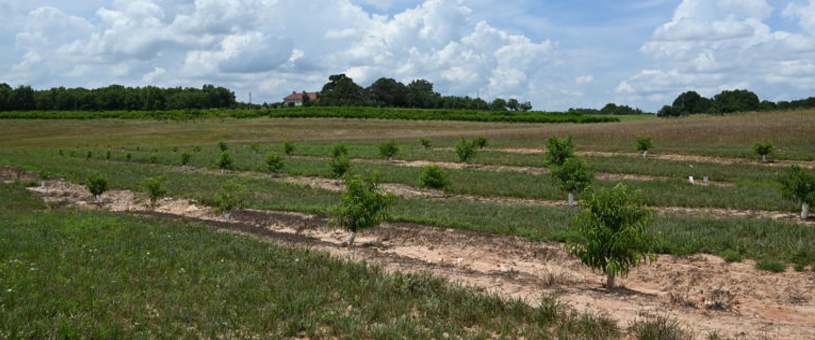
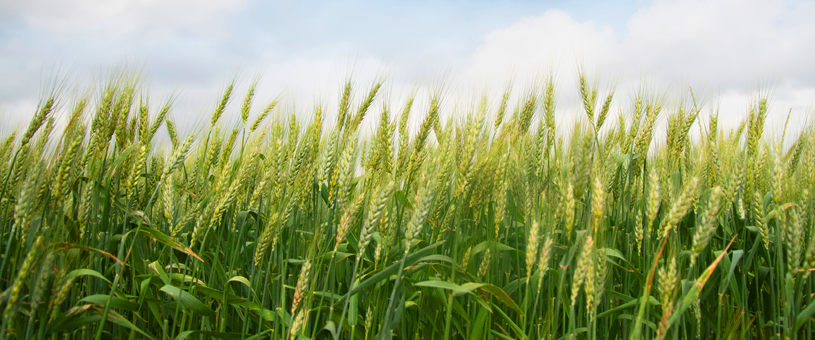
SOUTH CAROLINA CROPS BLOG
Through the S.C. Crops Blog, Clemson agricultural scientists and Cooperative Extension Agents provide producers with the latest pest, weather, disease and variety trial information, and post news and updates from workshops and Field Days.
SC Crops BlogLAND-GRANT PRESS
Science-based, peer-reviewed publications written by Extension personnel and university scientists for professional and academic audiences, as well as owners and managers of livestock, horses, timber and land.
Visit Land-Grant Press